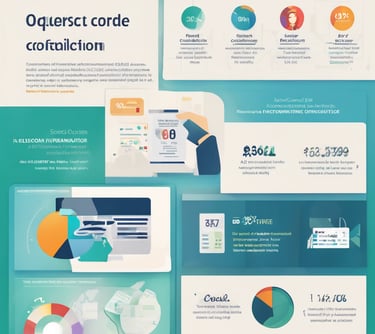
Credit Scores Agency
Credit scores are numerical representations of an individual's or business's creditworthiness, indicating the likelihood of timely repayment of debts. The derived value impacts Lending Decisions. Lenders use credit scores to assess the risk of lending money. Higher credit scores often result in better loan terms. Click and view URS Credit Score Values, Personal Credit Values, Business Credit values, and Credit Debt Management.

Understanding Credit Scores
Understanding your credit score is crucial for accessing financial opportunities and achieving your goals. At Unique Ratings and Scores, we offer comprehensive credit scoring services for individuals and businesses in Africa. Our expert team analyses various factors to provide accurate assessments, empowering you to make informed financial decisions and build a brighter future.
What is a Credit Score and Why is it Important?
Learn about credit scores and their significance for accessing credit, securing loans, and managing finances. Understand the factors that influence credit scores, including payment history, credit utilisation, and length of credit history.
Improving Your Credit Score
Discover practical tips and strategies for improving credit scores and maintaining healthy credit habits. Explore the role of credit scores in African economies and the benefits of having a good credit score.
Comparison of Credit Score Organisations
Examine how credit score organisations like Experian, Equifax, and TransUnion assign values and evaluate creditworthiness. Learn about the scoring ranges, factors considered, and the impact on lending decisions.
Elements Used in Credit Score Assessment
Credit score organisations consider various elements when assessing and assigning credit scores to individuals. Understand how factors such as payment history, credit utilisation, length of credit history, types of credit, and recent activity influence credit scores.




How Credit Scores Work
Credit scores are numerical representations of an individual's or business's creditworthiness, indicating the likelihood of timely repayment of debts. The derived value impacts Lending Decisions. Lenders use credit scores to assess the risk of lending money. Higher credit scores often result in better loan terms.


Credit score organisations gather information from various sources regarding an individual's financial history.


Factors such as payment history, credit utilisation, length of credit history, types of credit, and new credit inquiries influence credit scores.


Credit score organisations use proprietary algorithms to analyse data and calculate credit scores, typically ranging from 300 to 850.


Individuals can monitor their credit scores regularly to track changes and identify areas for improvement.
